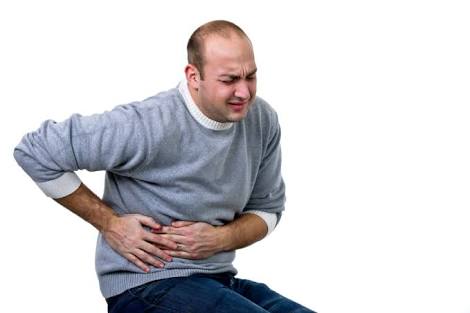Vestibular hypofunction
Vestibular Hypofunction
Vestibular hypo-function / Neurological condition
Basically your balance goes off. It's a neurological condition it happens due to issues in the inner ears and affects balance, speech and movement and posture. "Vestibular hypo functions develops when a person's ability to maintain balance is disturbed. It occurs when the inner ear( a very important part of the body's balance system) either undergoes degeneration or is diseased. Due to this, a person gets an inaccurate signal from his vestibular system( part of inner ear and brain which process sensory information) that leads the brain to process an inappropriate signal. This result in an impaired response.
Types
There are two types of vestibular hypo function condition
Unilateral affecting only one ear
Bilateral affecting both the ears of patient.
Most commonly diagnosed vestibular disorders include Benign Paroxysmal positional Vertigo (extreame dizziness and nausea). Labyrinthitis (infection of inner ear. Vestibular migraine (headache) Meniere's Disease (hearing loss and vertigo) and secondary Endolymphatic Hydrops (intermittent hearing loss)
Causes & Symptoms
The main causes are
Infection of inner ear labyrinthitis or Vestibular neuritis
Underlying inner ear disease
Ageing
Ototoxic medications like Aminoglycosides and diuretics
Genetic disorder
Head injury
Clots or tumor in brain
The risk of disease increases if a person has trauma
Autoimmune disorder
Stress
Anxiety
Repeated exposure to high decimal noise / music
People with vestibular hypo function may show symptoms like
Dizziness
Vertigo
Blurred vision
Difficulty in reading nausea and weakened balance
Some people could face difficulties in walking through congested areas.
If a person feels lightened or sense a lack of balance where they feel like every thing is moving around them they should immediately consult a doctor.
Diagnosis
By ENT examinations
Imaging
MRI or CT scans.
Tips
- Getting sun is most important
- Yoga
- Swimming
- Working out daily
- Eating a healthy and balanced diet
- Change in lifestyle
At risk group
Vestibular hypo function can strike at any age but is commonly reported among people in the age group of 30-70 years and also in elderly population above 75 years. The occurrence of hearing impairment is more common among older men than women. this condition Amy also affect people who had consumed certain medications that affect the ear.
Recommended Diet
A protein and vitamin rich diet plays a crucial role in keeping the disorder at bay.
Include plenty of green leafy vegetables that are rich in vitamins and minerals like broccoli, avocado and kale.
Having a diet rich in vitamin C and D will strengthen the body's resistance immune system and fight of infections.
Whole grain like millets oatmeal, whole wheat pasta, brown rice and buckwheat ensure slow and sustained release of energy thereby preventing bouts of hyper and hypoglycemia.
Spacing out meals and balancing fluids throughout the day may contribute to inner ear fluid balance, prevent episode of hypoglycemia that trigger migraine or dizziness.
Avoid food high in sugar and salt content like canned, tinned and packed foods or concentrated fruit juices and aerated beverages.
Treatment
On the basis of investigation of the symptoms medications are prescribed to the patients. Vestibular rehabilitation ( specific exercise prescribed by the doctor) is advices because it plays a crucial role in managing the condition. " Patients are advised to make some lifestyle modifications such as working out daily, yoga etc. And eating a healthy and well balanced diet.
Avoiding alcohol intake and smoking helps in lowering the severity of the symptoms. It also helps with unilateral hypo function where treatment relies in the unaffected ear to perform most of the inner ear functions.
Expert also advice maintaining ear hygiene to avoid any external infection. "Kept your ears hygiene by washing the visible part of the ear with soap and water. Wipe them with a clean cloth.
Consult a Neurologist
Dr Vikas Gupta Director Neuro Surgery Kailash Deepak Hospital
Dr Bharat Deshmukh ENT Specialist Dr Hedgewar Hospital BAVP Aurangabad
Dr Anil Thukral Director & HOD ENT Dept
Dr Praveen Gupta Head of Neurology, Fortis Hospital Delhi.
https://madhuchhandacdmo.blogspot.com/2022/11/vestibular-hypofunction.html
.jpg)



Comments
Post a Comment